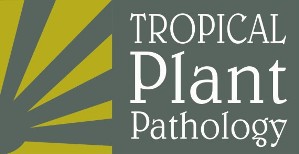Cotton genotypes, comprising cultivars and advanced lineages, were evaluated for tolerance and resistance to Meloidogyne incognita in Mato Grosso state, Brazil. Tolerance was evaluated in two field experiments, attributing scores according to external symptoms exhibited by plants, while resistance was studied in greenhouse and in one field trial, counting the number of egg masses or specimens on the roots, and the reproduction factor. Significant differences were observed among the 22 studied genotypes, concerning both resistance and tolerance, and graduated performance groups were established. The cultivars IAC 25 RMD, IPR 140 and IPR JATAI formed the most resistant/tolerant group, while FIBERMAX 966, LDCV FREGO, and FMT 703, among others, were situated in the most susceptible/intolerant ones. Cotton seed yield ranged from 482 to 3087 g/plot at Campo Verde and from 1153 to 3151 g/plot at Primavera do Leste. Yield losses, attributable to incidence of this nematode, were estimated at 65% and 40%, respectively, in these trials. Data related to resistance and to tolerance were correlated, however, and by taking into account coefficient of variation and intra-class correlation, from the analysis of variance, it could be seen that data relating to tolerance presented greater precision and repeatability.
Gossypium hirsutum; root-knot nematodes; genotypes; resistance; tolerance




